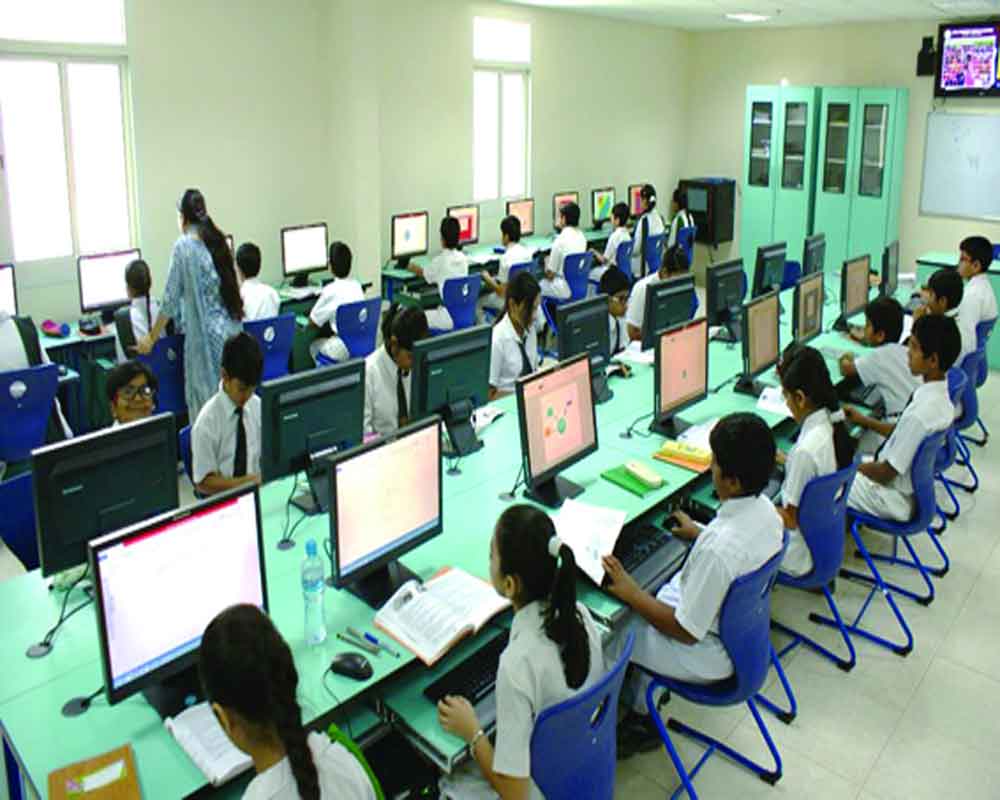These courses are democratising access to knowledge and empowering individuals from diverse backgrounds
In a country as diverse and populous as India, with its myriad socio-economic challenges, the need for innovative approaches to education and skill development has never been more pressing. Microcredit courses emerge as a beacon of hope, offering a transformative pathway towards enhancing both learning and employability among the masses.
Microcredit courses, often provided by non-governmental organisations (NGOs), microfinance institutions, or government agencies, offer short-term, skill-based training programmes that are accessible even to those with limited financial means. These courses cover a wide array of subjects ranging from vocational skills such as carpentry, and plumbing to digital literacy and entrepreneurship. In a unique initiative, Masai School, in collaboration with the National Skill Development Corporation (NSDC) and IIT Guwahati, has launched the Micro-Credit Programme in Computer Science and Engineering (CSE), aiming to bridge the gap between academic learning and professional success in the technology sector. This initiative introduces a credit-based curriculum covering crucial domains such as Programming, Mathematics for Computer Science, Data Structures and Algorithms, Databases, System Design, and OS Networking. The partnership emphasises outcome-driven education, guaranteeing internships and job assurance for students who meet specific academic and engagement criteria.
The programme stands out for its rigorous admission process, comprehensive learning methodologies, and emphasis on preparing students for employment through innovative delivery methods and assessment systems.
The Micro-Credit Programme represents a transformative approach to technical education, blending academic rigour with industry exposure. By directly linking academic achievements with professional success, it sets a new standard in higher education. NSDC, as the principal architect of the skill ecosystem in India, plays a pivotal role in catalysing vocational training initiatives and supporting private sector participation in skill development.
IIT Guwahati’s involvement underscores the programme’s commitment to academic excellence and innovation, leveraging its reputation as one of India’s premier engineering institutions. Masai School bridges the gap between academic learning and industry demands further strengthens the initiative’s potential to revolutionise technical education.
One of the most significant advantages of microcredit courses lies in their accessibility. Unlike traditional educational institutions, which may require hefty tuition fees and possess stringent admission criteria, microcredit courses are designed to be inclusive, reaching out to marginalised communities, women, and rural populations. By breaking down financial barriers and geographical constraints, these courses democratise education, empowering individuals from all walks of life to acquire new skills and knowledge.
Moreover, microcredit courses are tailored to meet the specific needs and demands of local communities. They are often developed in consultation with industry experts and employers, ensuring that the skills imparted are relevant and market-oriented. This close alignment with industry requirements enhances the employability of participants.
Furthermore, microcredit courses foster a culture of lifelong learning and self-reliance. By providing individuals with the tools and resources to upgrade their skills and adapt to changing market dynamics, these courses instil a sense of empowerment and agency. In the context of India, where sizable population lacks access to quality education and training, microcredit courses hold immense potential to drive social and economic transformation.
(The writer is an educator, views are personal)



























